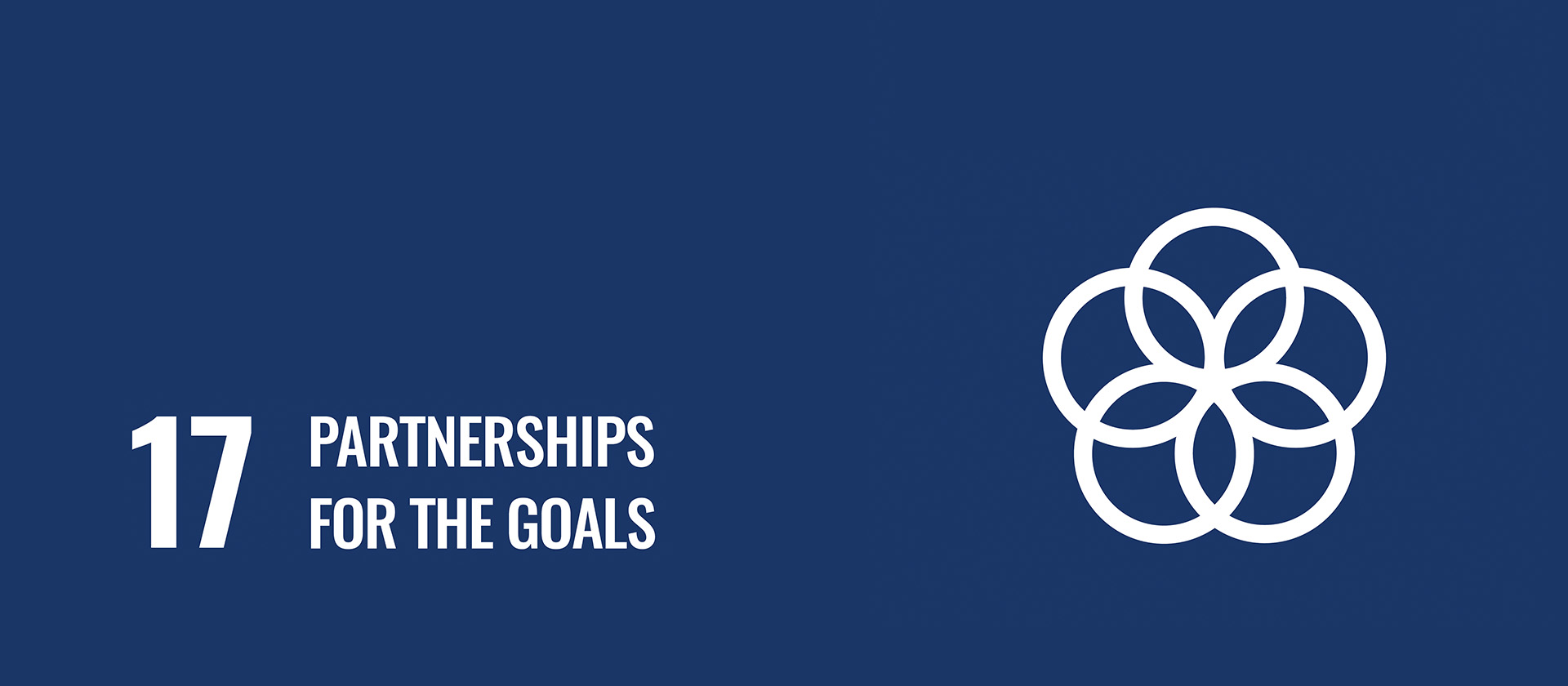Strong global partnerships are key to trying to benefit all citizens of the world, to live a peaceful, abundant life, here on our planet. To achieve this would be the ultimate goal of the partnership SDG for all global, regional, national, and local levels.
The poorer countries depend on Official Development Assistance in order to increase trade and economic growth. Unfortunately, some donor countries have failed to increase financial support, required.
Never has there been a more significant time for countries to address the global imbalances, this has been highlighted by Covid-19. Countries do need to form strong partnerships and need to be altruistic for the greater good of humanity. The world’s economy has undergone a seismic downturn due to Covid-19 and is in a global recession.
Never has there been a more significant time for countries to address the global imbalances, this has been highlighted by Covid-19. Countries do need to form strong partnerships and need to be altruistic for the greater good of humanity.
find out more about Goal 17: Partnerships for the goals.
Teaching and Learning
Partnerships are important and complex and at the University of Liverpool, students are able to explore this topic from a number of different perspectives within course modules. Examples of course modules that have a direct or indirect focus on partnerships (as assessed by students) include:
- Environmental planning and management project (ENVS556)
- Media and human rights (COMM317)
- Issues in geography (ENVS385)
We recognise that there is much more to do to equip students with the knowledge and skills that they need to make a contribution to achieving this global goal. Working with the Guild of Students our undergraduates and postgraduates have the opportunity to audit their curriculum modules for their relevance to SDG17: Partnerships and to make recommendations for changes to the course content. For more information on how students can get involved see the Guild curriculum audit report.
The University has also recently established an Education for Sustainable Development Working Group. This group brings together academics, students and representatives from the Centre for Innovation in Education to develop a strategic plan for embedding SDGs into the curriculum including SDG17.
There are also a number of ways that students can support the aims and objectives of SDG17 through extra-curricular activities, including volunteering opportunities provided by the Guild of Students.
Research and knowledge exchange
The University contributes to the identification of partnerships and the potential solutions across many areas of research. Some key examples are:
Leadership, governance and professional services
Examples of leadership, governance and professional services include:
Making an Impact
Making an Impact is a series of annual connected development activities focused around the Industrial Strategy priorities and supporting University of Liverpool staff, particularly the talent pipeline of Early Career Researchers, to develop their multi-disciplinary research-impact related knowledge, skills, attributes and competencies. It focused on four of the five foundations of the Industrial Strategy:
- Ideas: encouraging University of Liverpool staff to explore innovative ideas and solutions in relation to the impact of their research
- Skills: ensuring participants develop and reflect on skills that will enable their greater contribution to the impact agenda.
- Business environment: supporting participants’ ideas around IP and commercialising their research
- Communities: enhancing the capabilities and impact of multi-disciplinary researchers who advance the communities within which they are based, and the wider UK populace.
Back to: Sustainability
